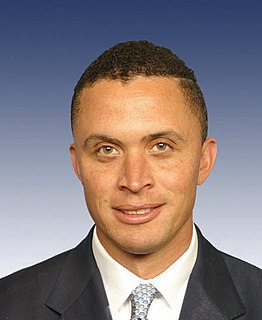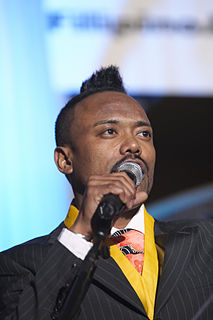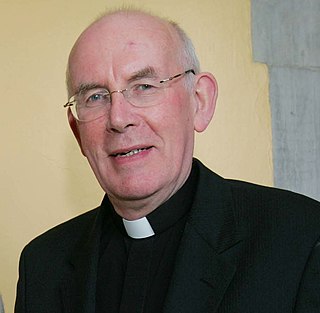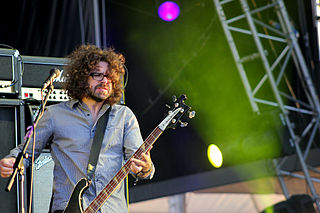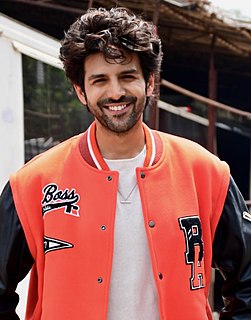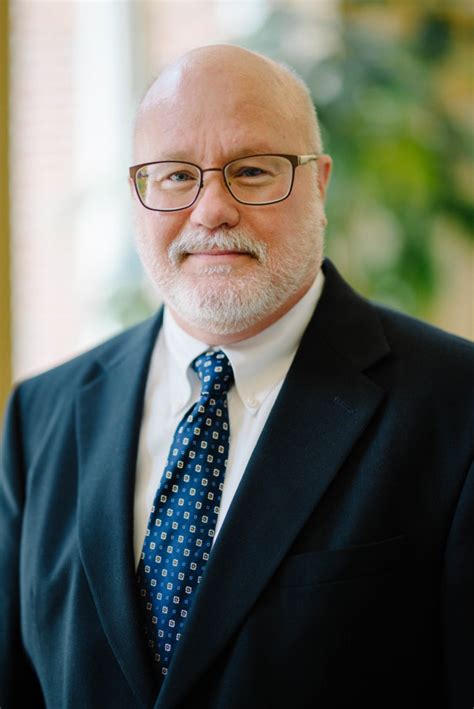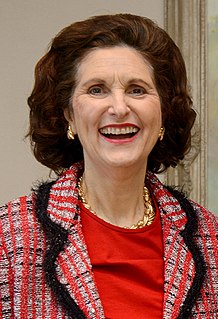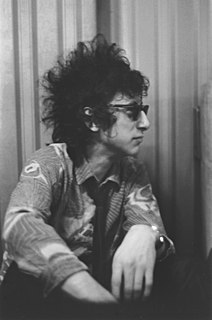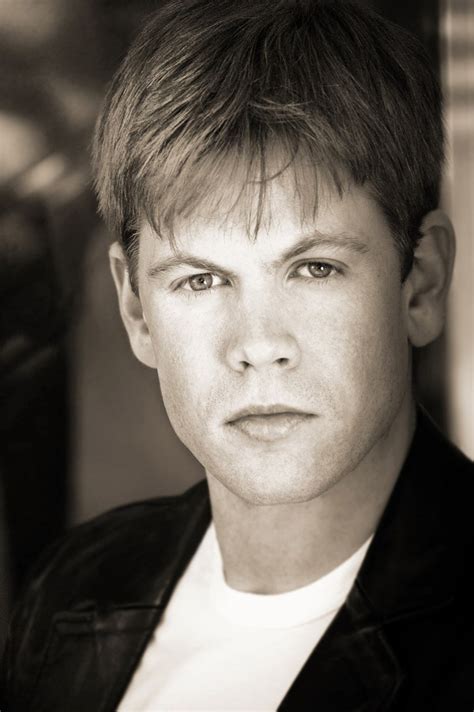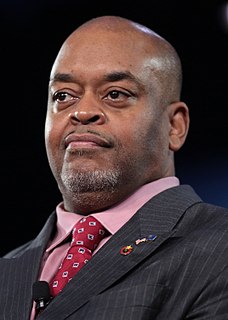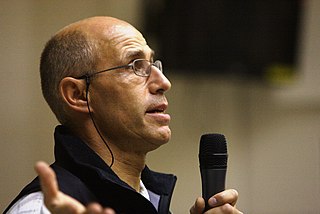Top 1200 Civil Engineer Quotes & Sayings - Page 4
Explore popular Civil Engineer quotes.
Last updated on April 21, 2025.
I was for civil unions and believed strongly that the flow of benefits and protections that would be provided in a civil union for same-sex couples‚ the decisions that have to be made‚ when health hardships are faced‚ when economic hardships are faced‚ I wanted all of those protections. I never strayed from them.
Today, Church policy in Ireland is to report allegations of abuse to the civil authorities. It recognises the Gardai and H.S.E. as those with responsibility for investigating such allegations and that any Church investigation should not take place until the investigation by the civil authorities has been completed.
I didn't know enough about the Civil War or its lingering effects as we all should. It's really easy to think that the Civil War was the end of slavery, and the triumph of our collective conscience and humanity over oppression. Sadly, the oppression and systemic subjugation of people of color in this country still exists.
Liberal Democrats in government will not follow the last Labour government by sounding the retreat on the protection of civil liberties in the United Kingdom. It continues to be essential that our civil liberties are safeguarded, and that the state is not given the powers to snoop on its citizens at will.
There was a belief after World War I that painting could be an act of civil revolt. I want this exhibition, 'New Museum,' to be an act of civil disobedience. It's not so much about the New Museum on the Bowery, but the idea of challenging museums as projections of cultural authority. It's painting as insurgency.
In the summer of 1966, I went to Mississippi to be in the heart of the civil-rights movement, helping people who had been thrown off the farms or taken off the welfare roles for registering to vote. While working there, I met the civil-rights lawyer I later married - we became an interracial couple.
If Barack Obama believes there are no victims in U.S, then I assume he'll shut down all the civil rights offices throughout the federal government, starting with the Civil Rights Division of the Department of Justice. If there are no victims, all affirmative action laws will immediately be repealed. Same thing for equity in pay.
The moral principles and precepts contained in the Scriptures ought to form the basis of all our civil constitutions and laws . . . The religion which has introduced civil liberty is the religion of Christ and his Apostles . . . This is genuine Christianity and to this we owe our free constitutions of government.
When I used to teach civil procedure as a law professor, I would begin the year by telling my students that “civil procedure is the etiquette of ritualized battle.” The phrase, which did not originate with me, captured the point that peaceful, developed societies resolve disputes by law rather than by force.
I was for civil unions and believed strongly that the flow of benefits and protections that would be provided in a civil union for same-sex couples, the decisions that have to be made, when health hardships are faced, when economic hardships are faced, I wanted all of those protections. I never strayed from them.
The resignation of Attorney General Eric Holder is met with both pride and disappointment by the Civil Rights community. We are proud that he has been the best Attorney General on Civil Rights in U.S. history and disappointed because he leaves at a critical time when we need his continued diligence most.
Production of identity is a resistance element, an aggressive element. Both a refusal and an affirmation and an assertion, and certainly, we in Jamaica were talking about black art. And the idea that there is a role for art in the civil rights revolution and in the successor to the civil rights revolution.
Think of civil society and the state as joined in a marriage of necessity. You already know who the wife is, the one who is supposed to love, cherish and obey: that's civil society. Think of the state as the domineering husband who expects to have a monopoly on power, on violence, on planning and policymaking.
When I used to teach civil procedure as a law professor, I would begin the year by telling my students that 'civil procedure is the etiquette of ritualized battle.' The phrase, which did not originate with me, captured the point that peaceful, developed societies resolve disputes by law rather than by force.
I think there's evil on both sides [of Syria], and I think that's one reason I don't want to be involved in civil war. I see things in personal terms. I just can't see sending one of my sons - or your son or daughter - to fight in a civil war, where on one side we have a dictator, who in all likelihood gassed his people.
In fact all the Islamists, that is the reformists not the Salafis, now they all say that they want a civil state, a civil state with Islamic reference points. They are not talking about an Islamic state, or sharia in the way this was once understood in the fight against the colonisers, or just afterwards in the 70's, 80's and 90's.

